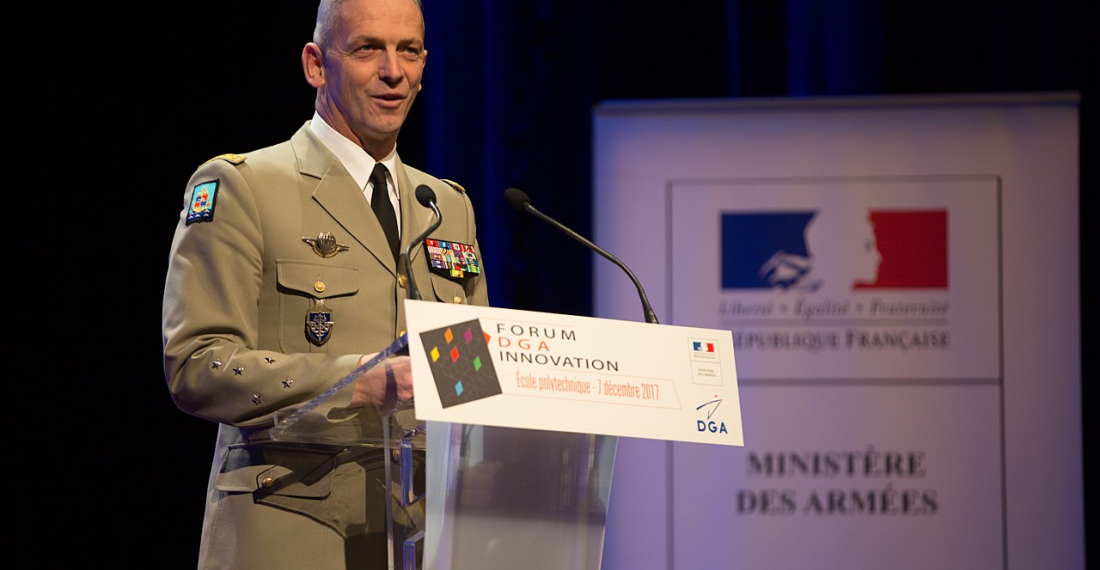On 22 May, the Chief of Staff of the French Armed Forces, General François Lecointre, accused the UN of “bias” and “manipulation” in its investigation into French soldiers accused of killing 19 civilians at a marriage ceremony in Mali on 3 January 2021.
"Very clearly, this was an attack against the French army, against Operation Barkhane [the French anti-insurgency operation in the Sahel], against the legitimacy of our commitments," he said in an interview with the French daily newspaper, Le Figaro. The "errors" and "biases" of the report by the Human Rights Directorate of MINUSMA, the UN Mission in Mali, "stem in part from manipulation," General Lecointre said.
Whilst on 7 January, France reported killing some 30 militants in an airstrike on 3 January, the UN report claims that the attack was on a wedding ceremony attended by some hundred civilians, as well as five armed insurgents, presumed to be members of the Katiba Serma militant group. The report found that the strike had killed 22 people – 19 civilians and three of those thought to be Katiba Serma militants.
The French authorities have always maintained that there was no marriage, that intelligence had "formally" established that it was a gathering of jihadists and that the intervention of a patrol of French planes dropping three bombs had "neutralized" about thirty jihadists. "I think that we will now be systematically confronted with this type of attempt to seek to hinder us, to discredit us, to delegitimise our action, to mount populations against our action," added the army Chief of Staff.
French Minister of the Armed Forces, Florence Parly, spoke of an “information war” waged by the jihadist groups. The Malian authorities have provided a version of events consistent with that of France.
Since the pro-independence and then jihadist rebellions in 2012 in the north, Mali has been plagued by a multifaceted turmoil that has left thousands dead, civilians and combatants, and hundreds of thousands displaced, despite the intervention of the UN, and African and French forces. France, which engages around 5,100 men in Operation Barkhane, has already been the subject to the suspicion of blunder, but never in such a detailed report by the UN.
Despite MINUSMA’s accusations, the head of United Nations peace operations, Jean-Pierre Lacroix, expressed his support for the French troops in Mali last week (18 May) before the UN Security Council. He stressed that since the Pau Summit in January 2020, the strengthening of national armies; the temporary deployment of 600 additional French soldiers within Operation Barkhane; the strengthening of co-ordination between the national armies, Barkhane, the G5 Sahel Joint Force and MINUSMA; and the deployment of Task Force Takuba, have made it possible to record results in the fight against terrorism in the region.







